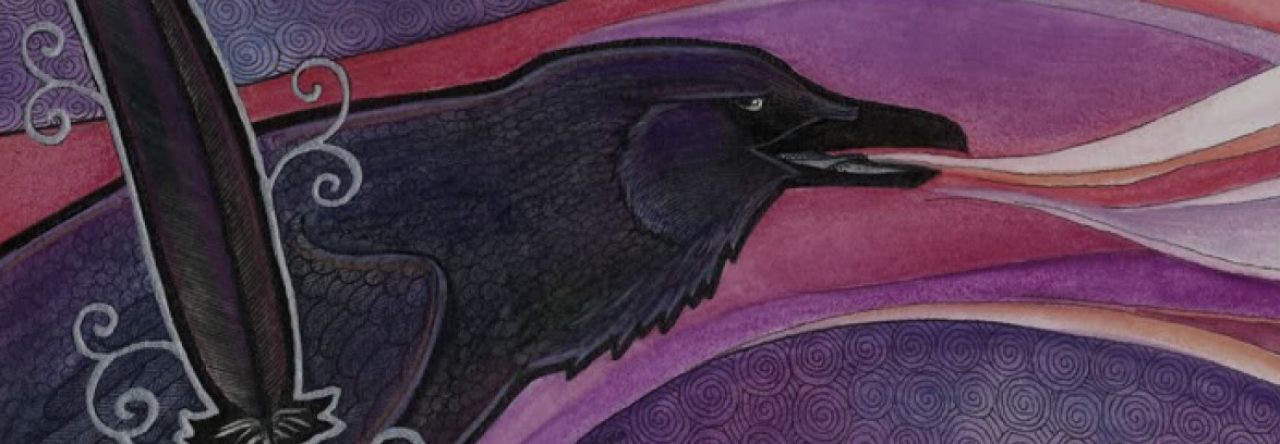
Apocalypse fiction rarely includes characters with disability, chronic illness and other impairments. When these characters do appear, they usually die early on, or are secondary characters undeveloped into anything more than a burden to the protagonist. Defying Doomsday will be an anthology showing that disabled characters have far more interesting stories to tell in post-apocalyptic/dystopian fiction.
Defying Doomsday will be edited by Tsana Dolichva and Holly Kench, and published by Twelfth Planet Press in mid 2016. Defying Doomsday is currently crowdfunding via Pozible. To support the project visit: http://pozi.be/defyingdoomsday
The Myths of Disability in Life and Fiction
by Holly Kench
There’s nothing black and white about disability. I don’t think it’s the sort of topic that many people would assume is black and white, and, yet, that’s definitely how it tends to be treated by a lot of society and mainstream culture.
It’s sometimes hard to see beyond our limited expectations, though, when all we are offered are clichés, stereotypes, and cardboard characters. There are so many damaging myths surrounding disability, as much in real life attitudes as in fiction, and both perpetuate each other.
What myths am I talking about? Gosh there are lots. From the broadly offensive myths that all disabled people are helpless, in need of pity, or objects of inspiration, to impairment specific misconceptions like all people in wheelchairs have no use of their legs or all deaf people are fluent in sign language.
When we accept these myths, it’s as though we are accepting ‘rules’ for how people experience disability. And by accepting these rules, we are doing a lot of things: We’re suggesting a scale of disability (suggesting that some people are more or less disabled than others), or even suggesting that, if someone doesn’t fit our black and white view of disability, then they aren’t disabled at all. We’re suggesting that we know better about how other people live their lives than they do. We’re doing a whole lot more too, but most of all, we’re suggesting disabled people have no experiences to offer other than the two dimensional characterisations we’ve assigned them, in life and in fiction.
The awesome thing about sharing narratives in fiction is that we can help break this myth cycle. We can write characters who have complete experiences, experiences which include the realities of being disabled, and experiences which show being disabled is just one aspect of any character’s narrative.
There are two ways we can include narratives of disabled characters in fiction: 1. We can use cardboard cut-outs that perpetuate the myths I’ve described above, or 2. We can look at the experiences of disabled characters like we should any other characters, and realise there are shades of grey to all experiences, and our characters are more than just one character trait.
Tsana Dolichva and I are editing an upcoming anthology exploring narratives of disabled characters in apocalypse fiction. Most importantly, it will be an anthology of stories that break myths and bust stereotypes, with disabled characters who are more than just a one-dimensional view of disability. Defying Doomsday will be an anthology of apocalyptic and post-apocalyptic stories, featuring disabled, chronically ill, mentally ill and/or neurodiverse protagonists. We are currently holding a crowdfunding campaign through Pozible to fund the anthology. To support the campaign or to preorder a copy of Defying Doomsday, visit: http://pozi.be/defyingdoomsday
Your support is greatly appreciated! You can find out more about Defying Doomsday at our website or follow us on Twitter and Facebook.

2 Pingbacks